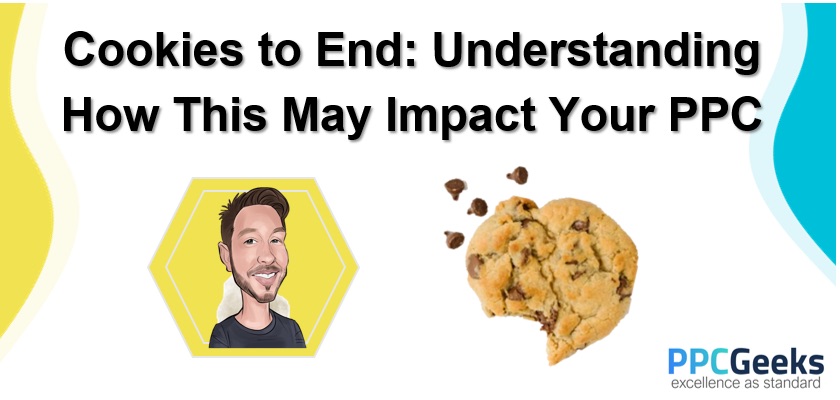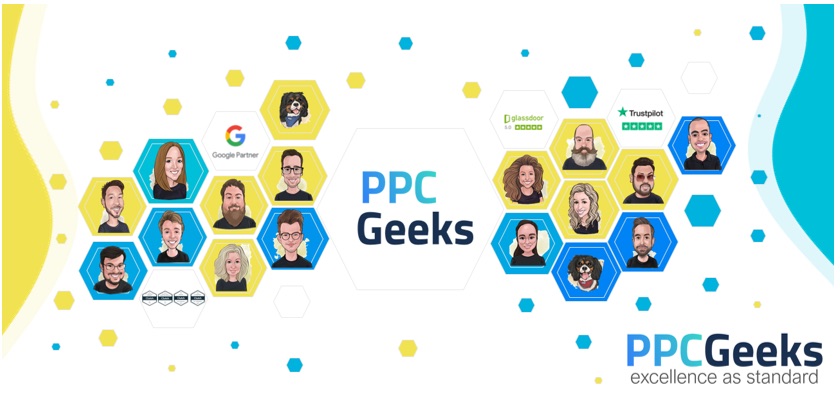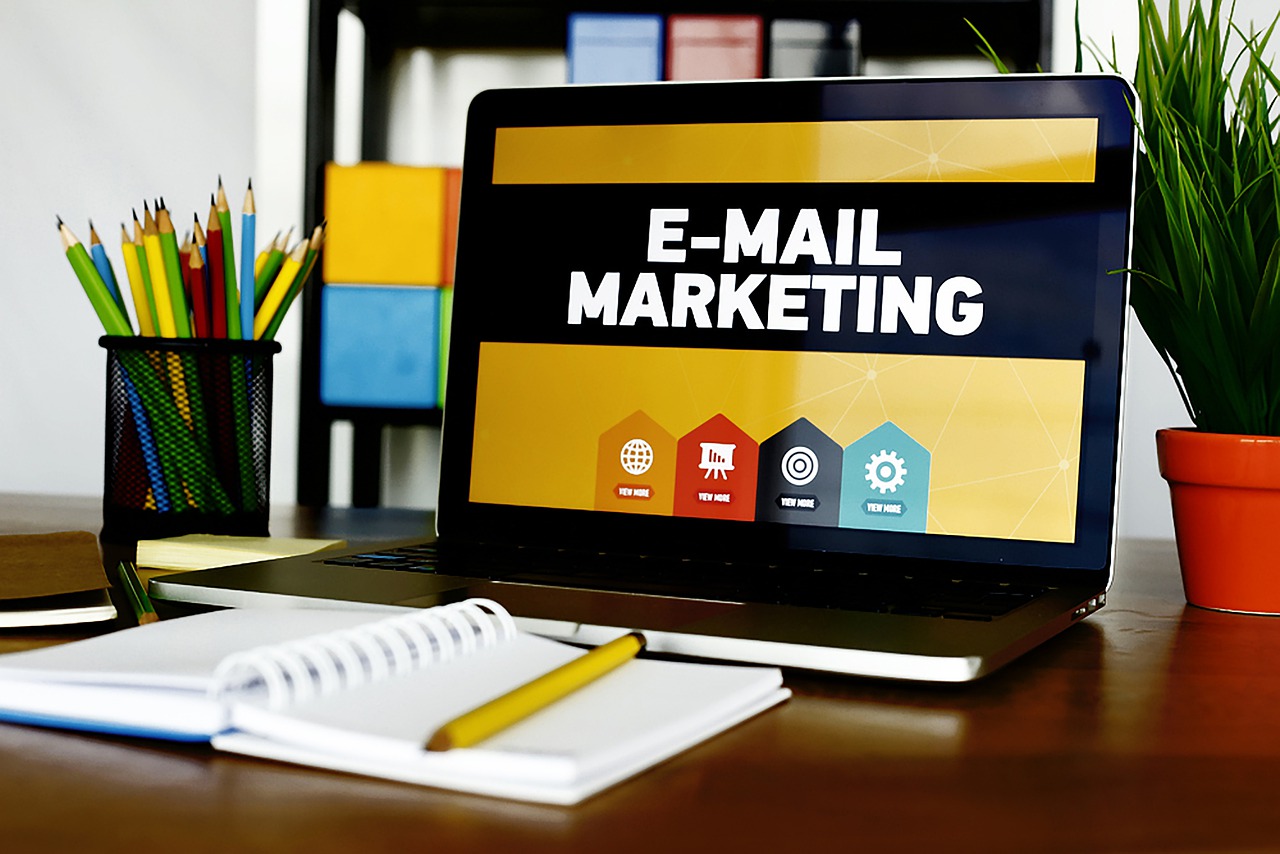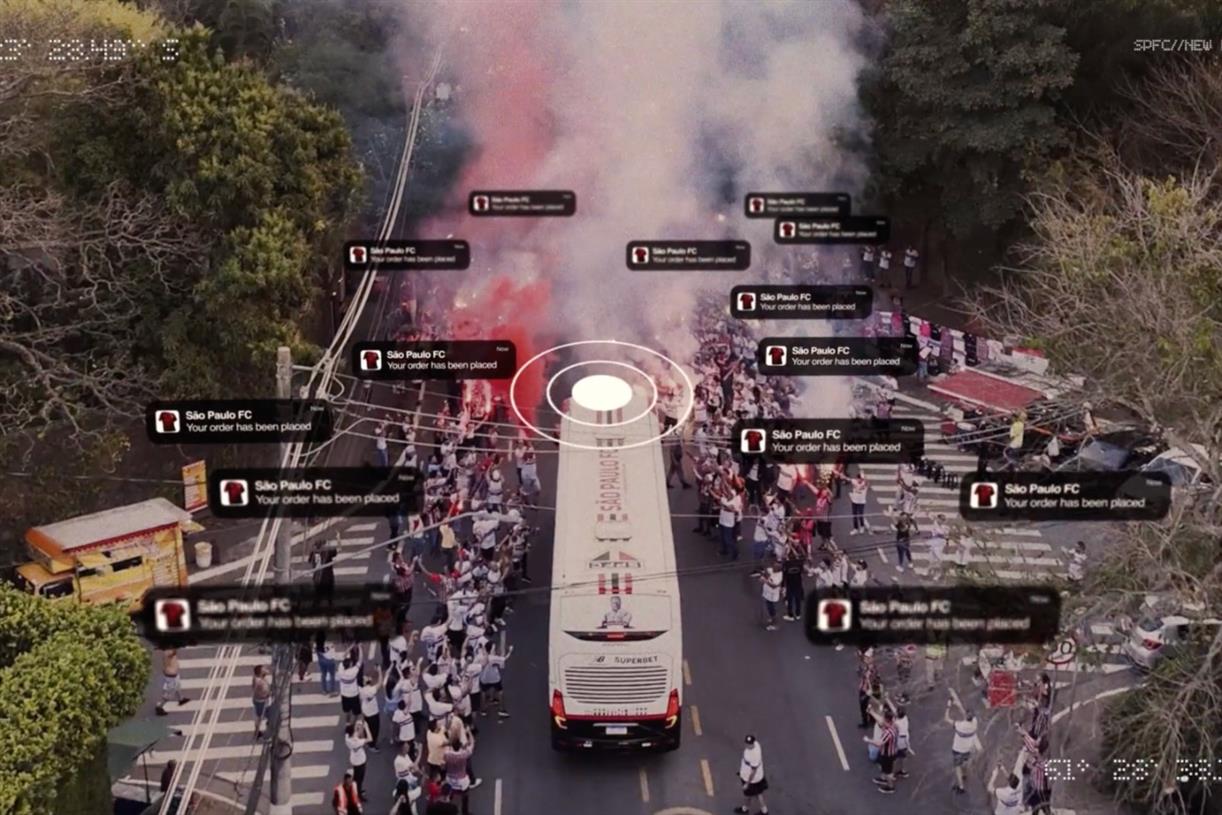Cookies to End: Impact on Your PPC Campaigns
In March, a headline echoed across the industry that was widely expected and extremely welcomed: cookies to end. In short, the cookieless world of paid advertising is fast approaching; so, if you work for a PPC agency, for example,...

In March, a headline echoed across the industry that was widely expected and extremely welcomed: cookies to end. In short, the cookieless world of paid advertising is fast approaching; so, if you work for a PPC agency, for example, then it is time to get prepared.
Cookies to end. That is what the world has been informed of recently; a cookieless world that is set to shake up how you as an authoritative Google Shopping agency put together, manage and analyze paid advertising campaigns for your wide network of clients.
There is no doubting the impact of this announcement, and while the words, ‘cookies to end,’ mean a lot of things to a lot of people, so it’s important to take a closer look at what this announcement means for the industry as a whole, whether you’re a PPC agency Manchester or a PPC agency London.
Cookies to End and the Evolving Privacy Landscape
The focus on user privacy started in 2018, gathered pace in the years after the initial announcement, and finally peaked with the news that cookies are to end, leading to monumental changes in the advertising, technology, and legal landscapes across the world.
If you are a Google Ads expert or work in PPC management, then the likelihood is that you saw this news on the horizon, though cookies to end is big news regardless of the situation.
Indeed, when it comes to cookies and browsing data, the privacy regulation roadmap most companies set out on is ever-evolving and constantly adapting to take into account everything from the perspective of the user, the advertiser, and the platform.
With cookies now ending, advertisers and platforms now need to completely reevaluate their marketing strategies in order to keep pace with the new, constantly changing landscape as they become more aware of standard industry practices that were once kept a close secret.
Moreover, there are also monumental changes in the entire privacy landscape, hence their end, while privacy policymakers and big tech companies are now working together to not only change the roadmap in front of them but the industry as a whole.
If you work within the paid search industry or for a Google Ads agency, then now is the time to keep abreast of this ever-changing environment fueled by data, innovation, and, most importantly, a newfound responsibility towards the user.
Cookies to End and the Impact on the Paid Advertising
Cookies to end. It was the news everyone in the industry was expecting. The move to a privacy-first world, nevertheless, is guaranteed to have wide-reaching and hugely significant consequences for the digital marketing network, as soon to be realized by most paid marketing managers and executives alike.
In addition, at a meta-level at least, advertisers should also expect to see changes to ID resolution, targeting capabilities, reach & frequency tracking, insight measurement, and fraud detection.
Furthermore, while combining multiple identities across a number of different channels may get more complicated, the tracking of a user’s conversion journey more elongated, these changes, nevertheless, are aimed at making the internet a safer, more respectful place to be.
How Google is Helping Advertisers Due to the End of Cookies
With paid search marketing becoming even more competitive due to the imminent end of cookies, Google has now announced a proposal to introduce anonymous browsing which, interestingly, includes topics API.
In turn, it vastly improves targeting and produces a detailed, aggregated report which helps keep track of ad performance and contributes to combating a specific type of fraud that involves trusting a token API.
If you are a Google Ads company with a team of marketers at your disposal, then you can now deploy a number of techniques that could improve your ad performance. These include:
Renew Focus on Driving Campaign Productivity – By renewing your focus on driving campaign productivity, paid marketers can now refocus on executing more healthier campaigns without having to think so incessantly about user privacy. Leverage Paid Search for Mid-funnel Success – As more and more people become more aware of your business and are becoming even more interested in your ads, it’s important to double down on paid search to move them further down your sales funnel.Create a Long-term Strategy that Takes into Account that Cookies are to End – It’s always important to put together a robust and diligent strategy, however, now that cookies are to end, you should begin building your plan around the new roadmap ahead.
Leverage Paid Search for Mid-funnel Success – As more and more people become more aware of your business and are becoming even more interested in your ads, it’s important to double down on paid search to move them further down your sales funnel.Create a Long-term Strategy that Takes into Account that Cookies are to End – It’s always important to put together a robust and diligent strategy, however, now that cookies are to end, you should begin building your plan around the new roadmap ahead.Though there remains a lot of uncertainty around the situation, and you should still stay abreast of the latest developments, you should, indeed, start to test out alternative solutions to the news such as maximizing first-party data and leaning on Google Marketing for support.
PPC Geeks: Google Ads Authorities
At PPC Geeks, the team is constantly adapting to news such as this whilst they consistently maximize your campaigns whatever the circumstances may be.
As an award-winning, Google Premier Partner, PPC Geeks pride themselves on how they keep you and your business at the forefront of any changes that may affect your campaigns, and while they care about user privacy, they also care about the success of your paid search strategy and budget spend.

 Astrong
Astrong 








![Which Instagram Story Formats Really Engage Viewers [New Research]](https://blog.hubspot.com/hubfs/marketer-creates-instagram-story-content%20%281%29.jpg#keepProtocol)

![How to Write a Press Release [Free Press Release Template + Examples]](https://blog.hubspot.com/hubfs/press%20release%20%281%29.jpg#keepProtocol)




















